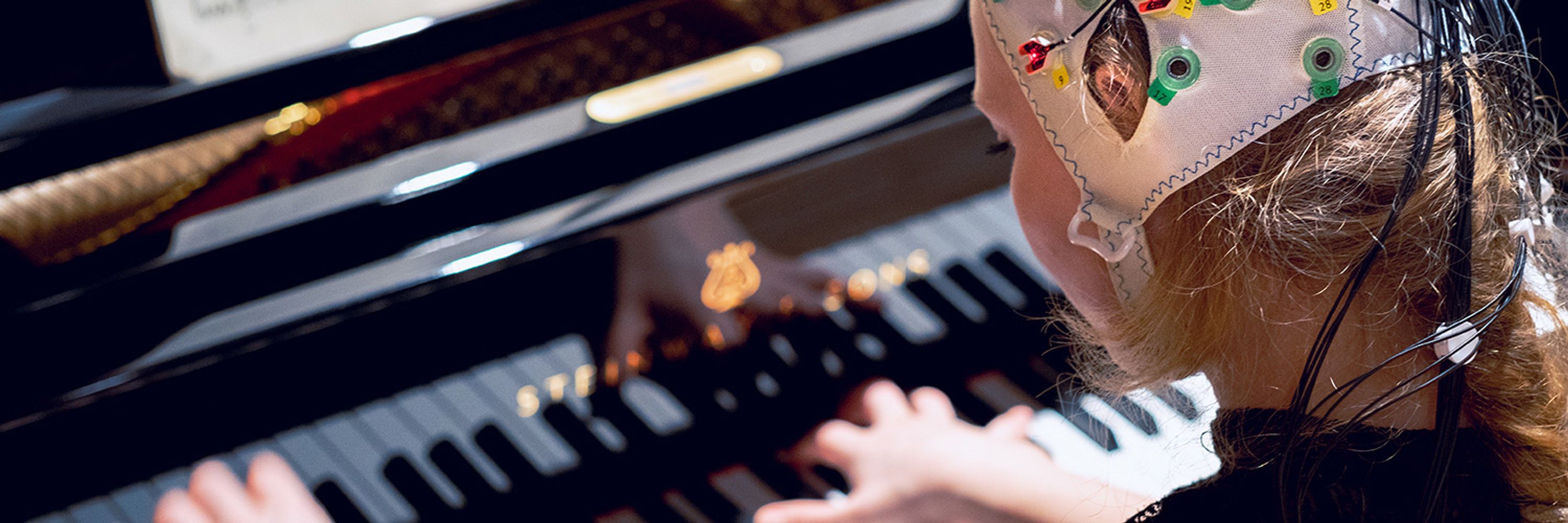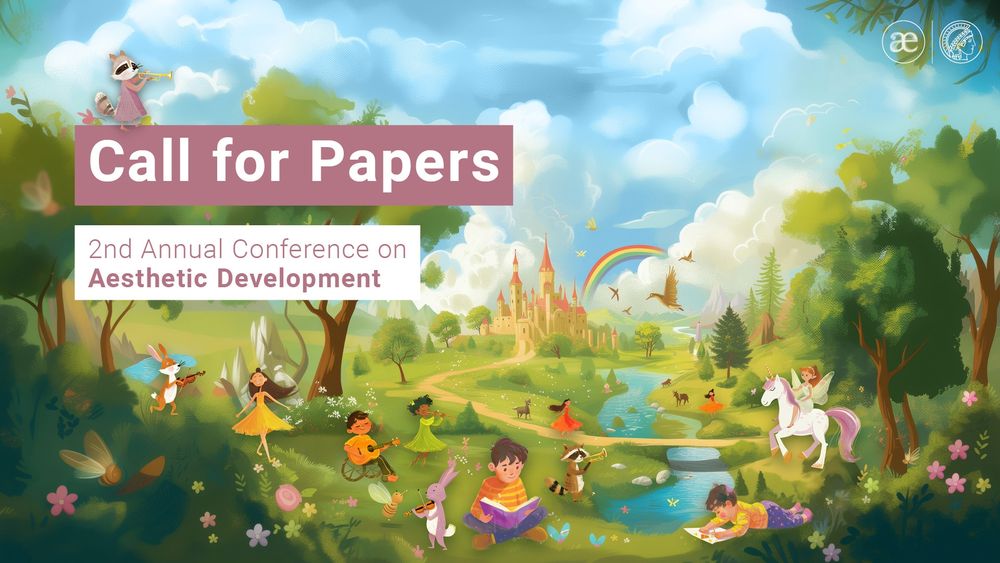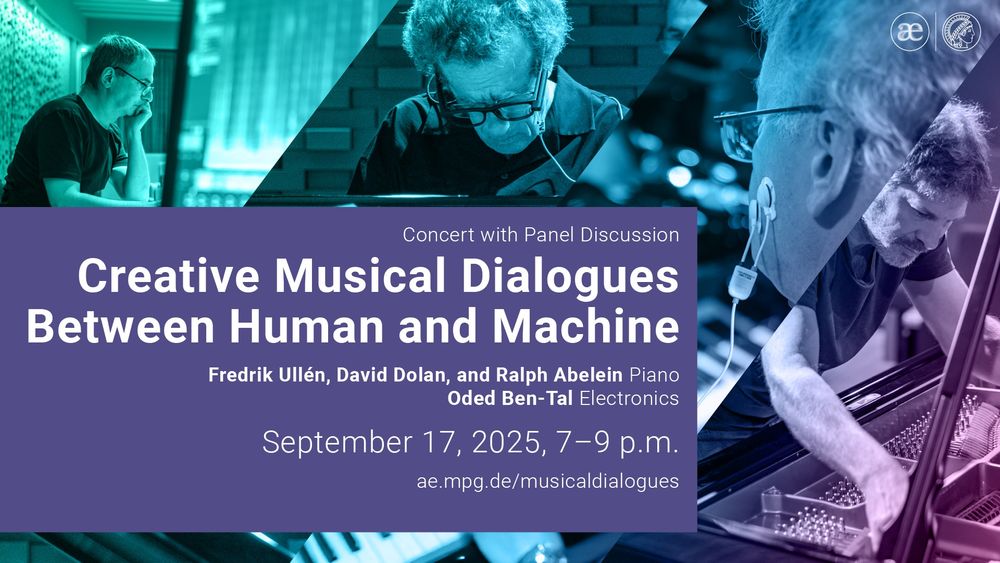Max Planck Institute for Empirical Aesthetics
@ae.mpg.de
420 followers
84 following
30 posts
Official account of the MPI for Empirical Aesthetics. News about our multi-disciplinary research on aesthetic evaluation and perception of art. #EmpiricalAesthetics Imprint: ae.mpg.de/imprint
Posts
Media
Videos
Starter Packs
Reposted by Max Planck Institute for Empirical Aesthetics



















